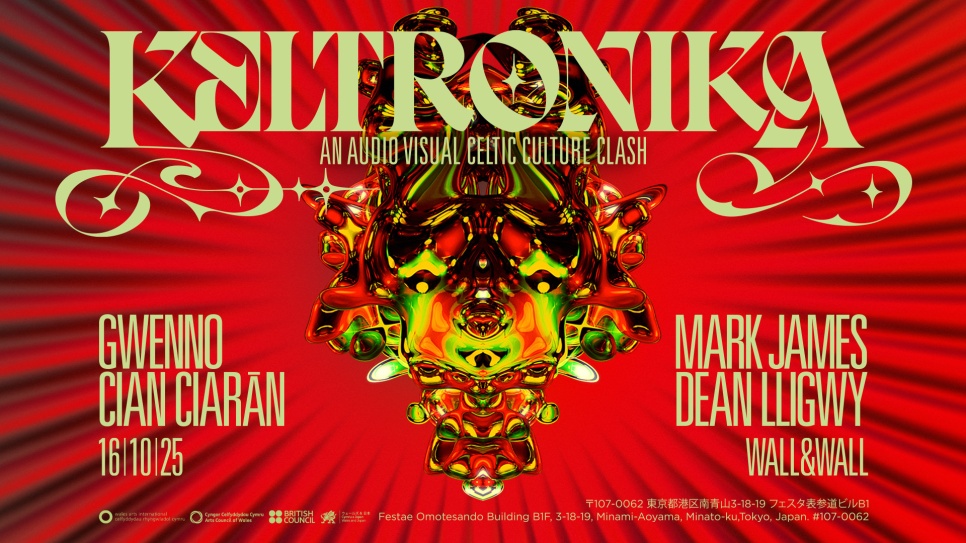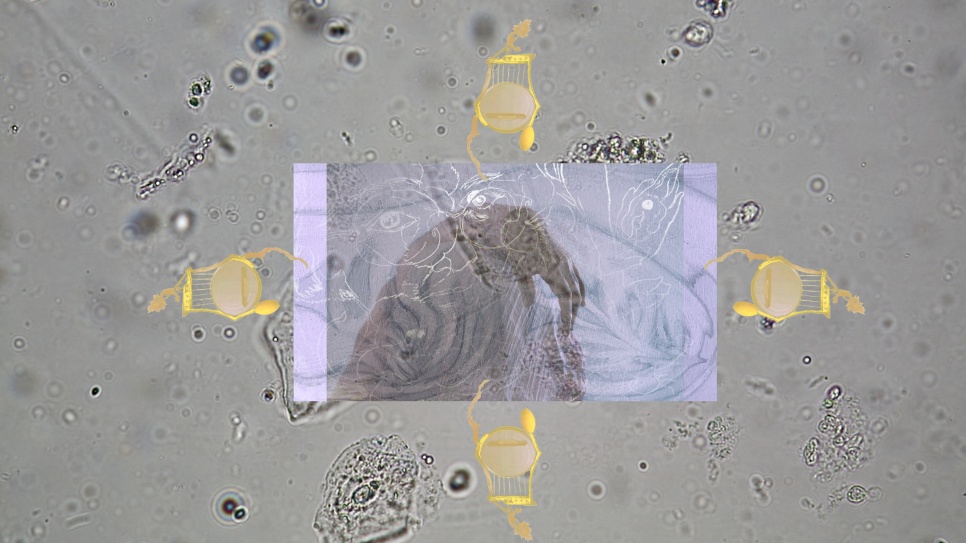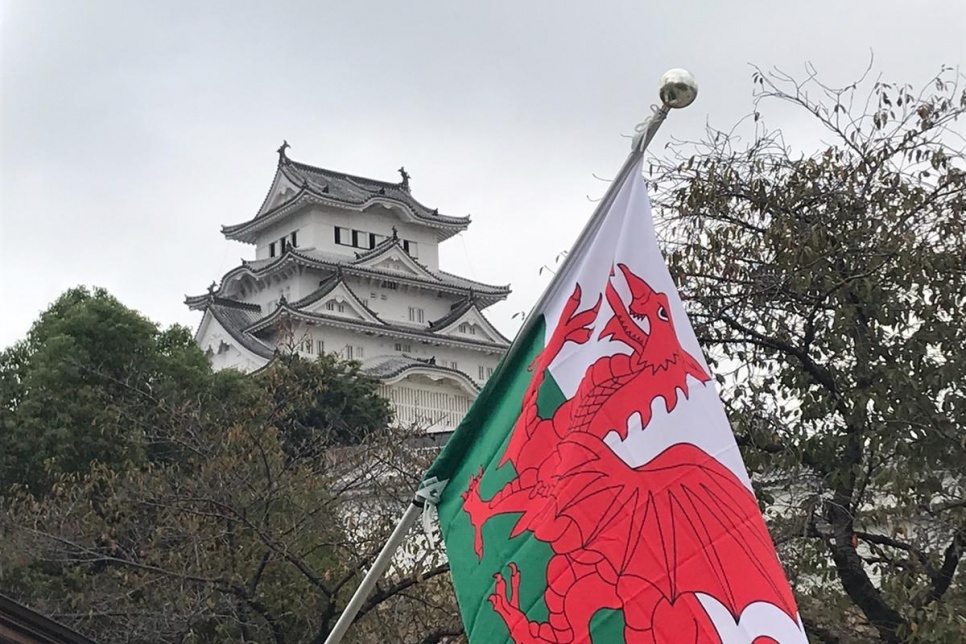Threads is an initiative focusing on female artists and artisans, on the sharing of their personal journeys and creative ambitions. It’s an exploration between artists from Wales and artisans from Kachchh, of creative practices and each other’s places. They have shared studio time and field trips, community traditions and personal experiences.
With open eyes and minds, the artists and artisans involved in Threads have exchanged stories and skills, horizons and histories. And whilst Threads began as a textile project interested in women’s roles in craft ecologies and economies of India and Wales, it has become much more than that.
In November 2017, textile artists from Wales travelled to Kachchh in Gujarat to spend three weeks with individual artisans and their communities. Hosted by Khamir, a craft development organisation outside of Bhuj, the artists and artisans shared intensive time in the studio and out in the field.
Some of the artisans visited Wales in autumn 2018 for a residency exchange, which was followed by an exhibition of work by the participating artists and artisans at Ruthin Craft Centre. A publication documenting the exchange project was produced to tie in with the exhibition.
The exhibition showed brand new work by Julia Griffiths Jones, Eleri Mills, Champa Siju, Laura Thomas, Louise Tucker and Rajiben M. Vankar.
Threads has been initiated and managed by Fieldwork, hand-in-hand with Khamir, Ruthin Craft Centre and Carmarthen School of Art.
Threads grew in response to a Wales Arts International and British Council programme to mark the 70th anniversary of India’s independence and the partition of India. Designed to encourage and strengthen existing cultural relationships and to forge new connections, the programme has supported a wide range of projects across different art forms, in the UK and India.
The India-Wales fund is a joint fund between Arts Council of Wales/Wales Arts International and British Council.
‘What makes a country? What about India and what about Wales? We can pick out social characteristics or recognisable landscapes or exportable industries. People from both countries share close connections to the land, there is a complex intertwining of histories, textiles have shaped respective communities. Aspects that link and that differentiate are innumerable. Finding experiences we directly associate with as individuals can be both evocative and inspiring and it is these threads we were interested in exploring with this project. The artists and artisans involved have shared studio time and field trips in each other’s countries and shared personal stories and skills in each other’s company. They have seen familiar landscapes with fresh eyes and have been introduced to new ideas born out of age-old experience. They have vividly distinctive creative practices, each of which relate to knowledge either of or from a place. Instinctive or learned, we carry our knowledge of place wherever we go.’
Ceri Jones
Fieldwork



